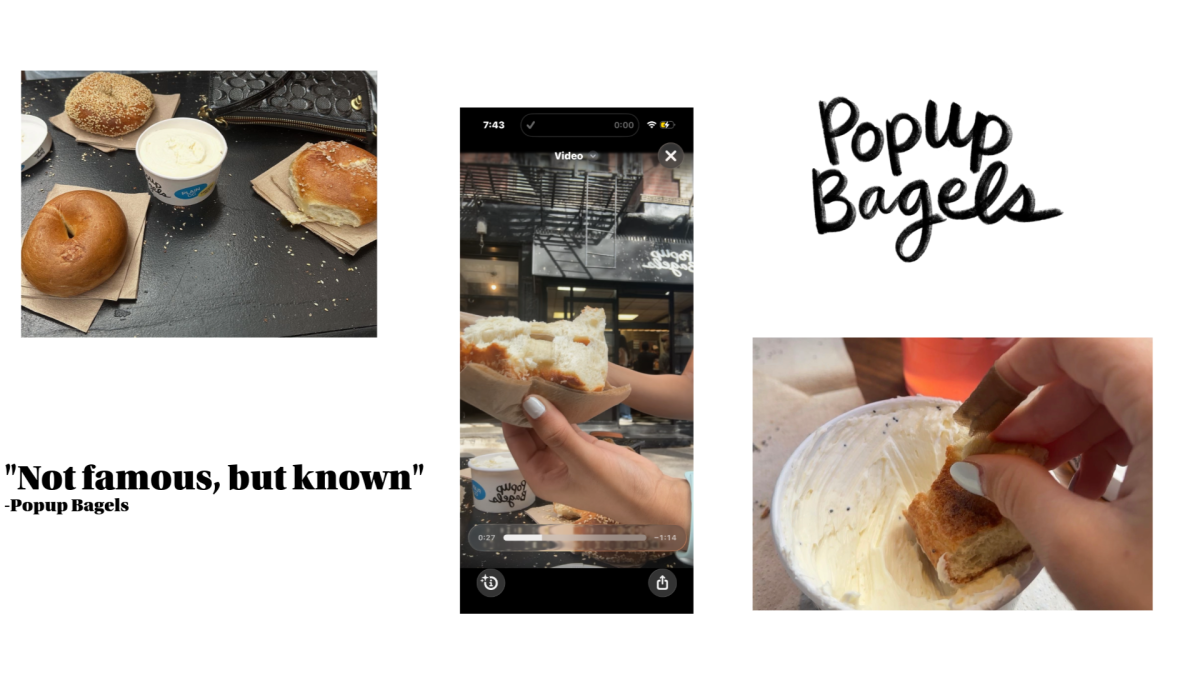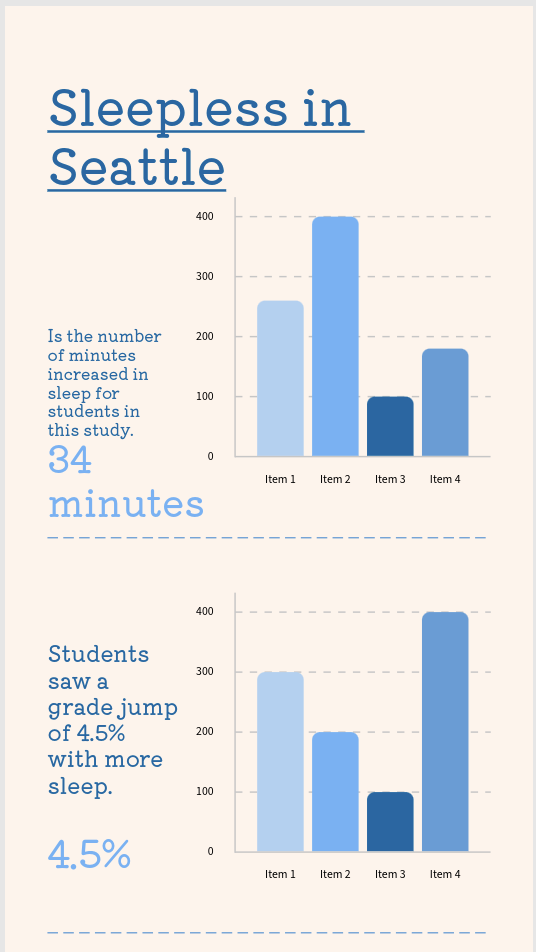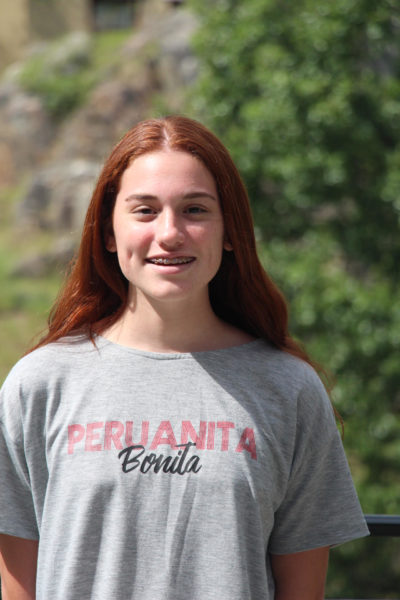High school students today are surrounded by a plethora of literature in their libraries, bookstores, and even online. But what most of them don’t know is that there are books that they may never come across because they are banned from these places. This is why Banned Book Week was created back in 1982 as a response to the growing number of challenges made against books in libraries, schools, and bookstores. By celebrating this event, students can have the chance to explore literature that presents unpopular viewpoints or tackles controversial subjects and learn the importance of having access to diverse literature and emphasizing the significance of intellectual freedom.
The banning of books limits ideas and opinions and says that one idea is more valuable than another. High school students should be aware of this and take the opportunity to read these books in order to form their own opinions and learn about different perspectives. Banned Book Week serves as a reminder for young adults to take the time to explore diverse literature and make sure their intellectual freedom is protected.
This year, senior Cassandra Stand has taken the initiative to create a Banned Book Week display in Sternberg Library, featuring a wide array of diverse books.
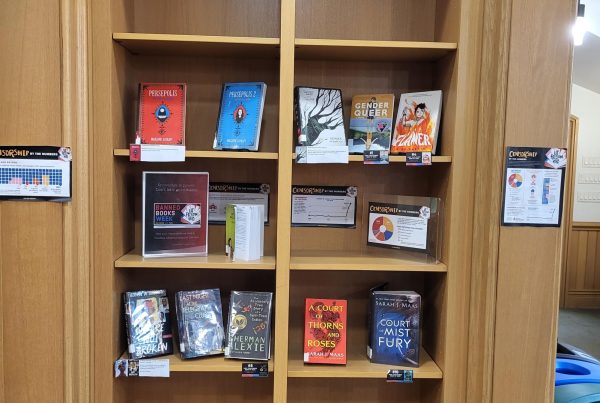
It all started for her last year in junior year, when she read Tony Morrison’s The Bluest Eye. According to Cassandra, “I found that book very impactful. It was banned originally because it had a scene of rape in it and there was racism in it, but I think it was very targeted because of that rape scene. But when you read the entire book and you can see the entire story and how all of it plays out, I think it has a powerful message and most people are quick to cast it off because of that scene because it can be triggering, but it discredits all that the book has to offer.”
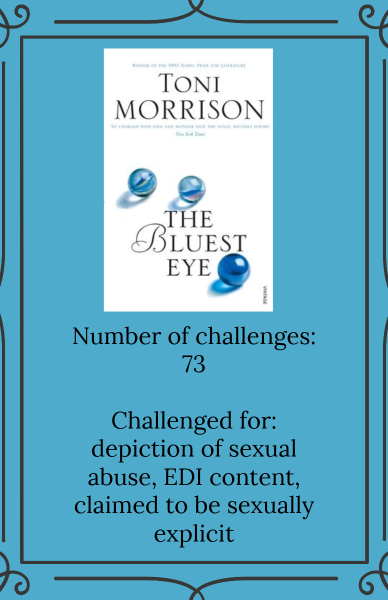
Cassandra’s goal with this display is to encourage students to look into points of view that they may not have originally agreed with, and to understand the impact of challenging material. She states, “A) it’s a book and you can put it down, and b) if we only read and consume material that we agree with, we are never going to grow and challenge our own biases.”
When asked for one final piece of advice, Cassandra said “Go check out a book!” Her display is a reminder to students of the importance of reading and exploring other points of view.




